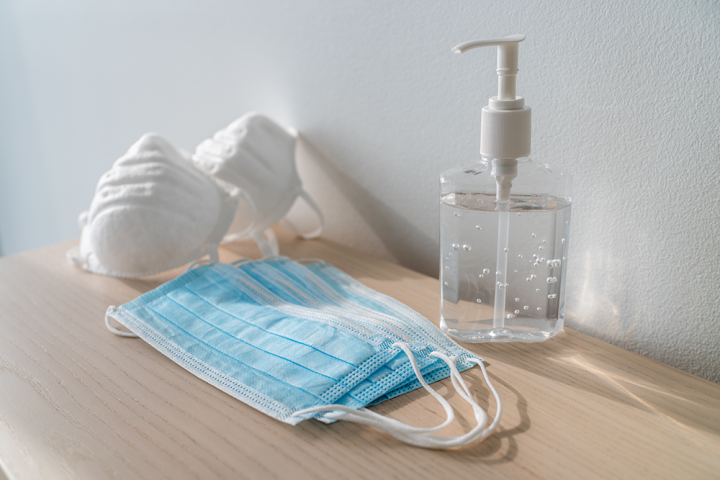Nurses and other long-term care workers in nursing homes who hold multiple jobs may be among the factors contributing to the spread of COVID-19 in these facilities, according to a new study co-authored by Kristin Smith, a visiting associate professor of sociology.
Due to low wages and limited hours, some nurses and direct-care workers seek secondary employment, wrote the researchers from Dartmouth and the University of New Hampshire. According to the study published in Medical Care Research and Review, 6.41% of personal care and nursing aides and 6.23% of licensed practical nurses and licensed nurses hold second jobs. This rate of holding a second job is 35% and 32%, respectively, higher than that of other workers.
“With higher rates of second job holding among direct care workers and nurses in long-term care than other workers, and many of these workers moving across health settings from their first to second jobs, this creates a potential pathway for COVID-19 transmission,” says Smith.
“In New Hampshire, 81% of COVID-19 deaths are to long-term care residents, representing the highest percentage of deaths to long-term care residents in the country, so understanding employment dynamics and disparities in this sector could never be more timely than now,” says Smith.
Most nurses and direct care workers with second jobs stay within the same occupation at another location, which increases their interaction with patients and the potential for COVID-19 transmission as compared to their counterparts who have one job, according to the study. Approximately 34% of nurses in nursing homes who take second jobs work in other nursing homes, while nearly 30% of those who work in hospitals work at other hospitals. Fifty percent of direct care workers who take on second jobs work in direct care while others work as cashiers, in retail or as a janitor or maid.
The study was based on second job holding data from 2010 to 2019 from the Current Population Survey. While low wages and limited hours were associated with holding a second job for direct-care workers, lower hours were more strongly correlated with second-job holding among nurses.
“The COVID-19 pandemic is shining the spotlight on inequalities throughout our society, particularly in healthcare systems, where we are now seeing real-life implications for loved ones in nursing homes, who are such a vulnerable population,” says Smith. “Federal and state-level initiatives aimed at raising wages through bonuses that are higher than unemployment benefits could potentially help decrease the likelihood that these essential care workers must take on a second job and help reduce exposure for COVID-19 transmission.”
The study was led by Smith’s co-authors, Reagan Baughman and Bryce Stanley at the University of New Hampshire.
For the latest information on Dartmouth’s response to the pandemic visit the COVID-19 website.
Amy Olson can be reached at Amy.D.Olson@dartmouth.edu.

